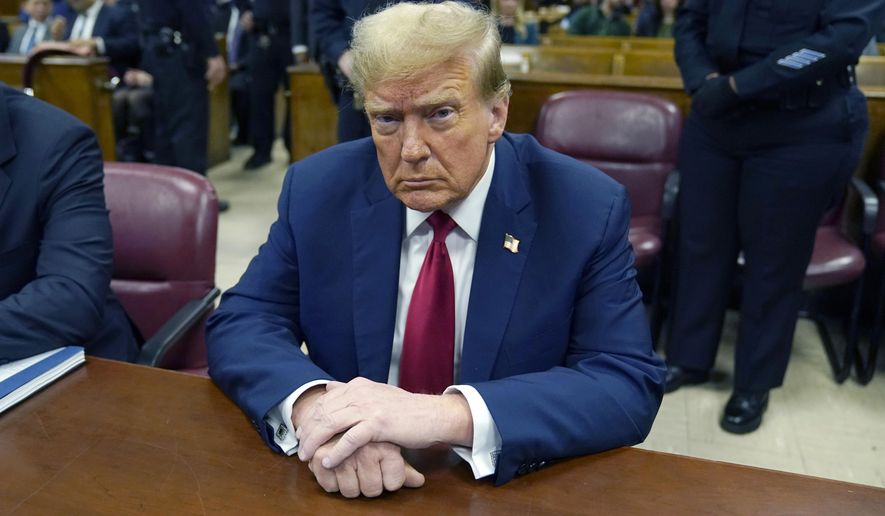Trump was convicted in May 2024 on charges related to a $130,000 payment made to adult film actress Stormy Daniels to keep quiet about an alleged sexual encounter with Trump, which he denies.
Justice Juan Merchan, who is overseeing the case, rejected Trump’s motion to dismiss the case due to his presidential election victory, stating that the defendant’s status as President-elect does not justify such an extreme action. The judge said Trump could attend the sentencing in person or virtually, which will occur just 10 days before his inauguration.
Merchan suggested that a sentence of “unconditional discharge” — meaning no imprisonment, fine, or probation — might be appropriate. Trump’s legal team had argued that the case could distract from his presidential duties, but the judge countered that dismissing the case would undermine the rule of law.
Trump was initially scheduled for sentencing on November 26 but this was postponed after his election win.
Manhattan District Attorney Alvin Bragg’s office, which brought the case, proposed alternatives to help avoid distracting Trump from his presidency, such as postponing the sentencing until after he leaves office in 2029 or ensuring that the sentence would not involve prison time.
The case stems from the payment made by Trump’s former lawyer, Michael Cohen, to Daniels before the 2016 election. Trump was found guilty by a Manhattan jury of falsifying business records in relation to the payment, marking the first time a U.S. president — former or current — faced a criminal conviction.
Trump, who has pleaded not guilty and criticized the case as an attempt by Bragg to harm his 2024 campaign, has also faced charges in three other criminal cases in 2023, including one involving classified documents and two related to efforts to overturn his 2020 election loss. His case in Georgia regarding election interference is still pending.

